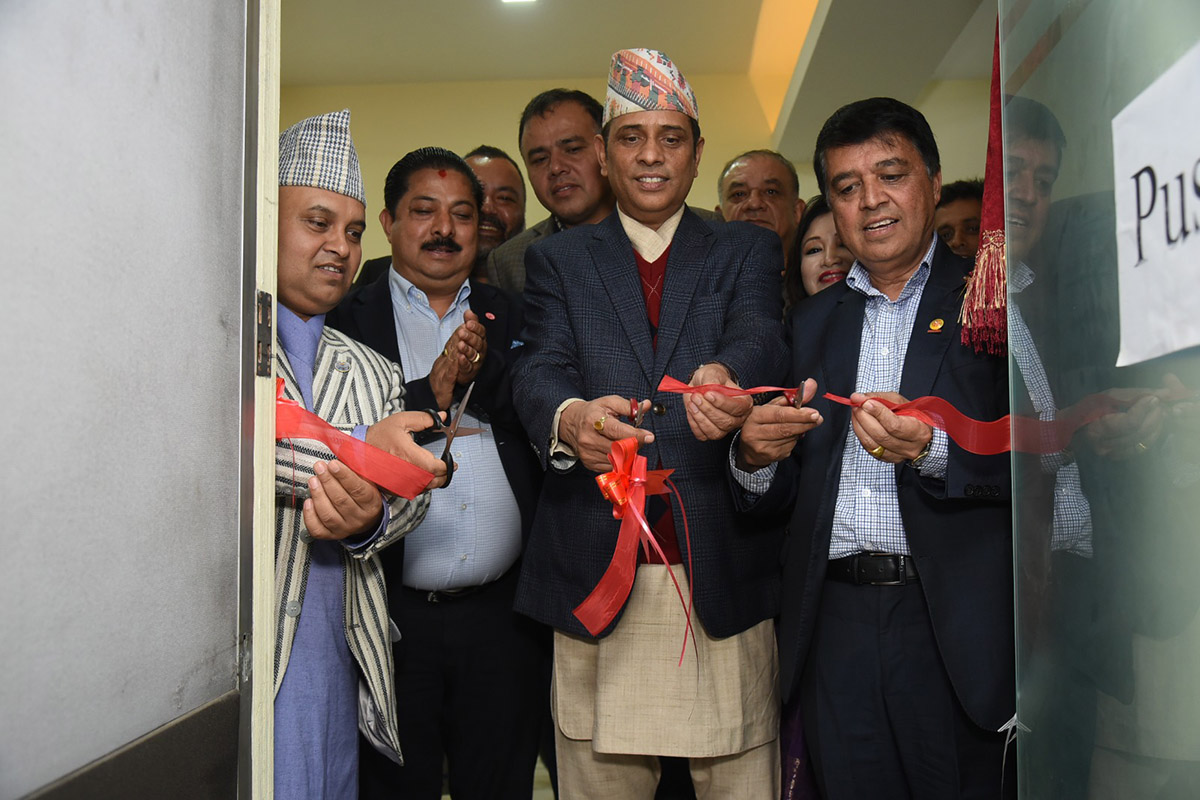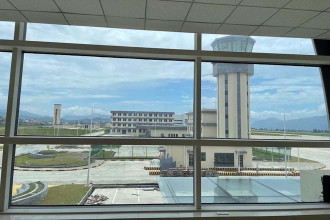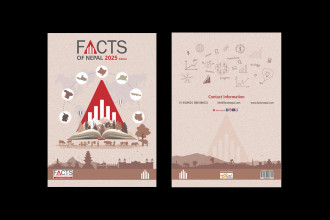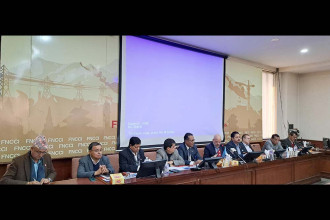-1731999666.jpeg)
KATHMANDU: Federation of Nepalese Chambers of Commerce and Industry (FNCCI) held an Innovation Dialogue in Kathmandu on Monday with the theme 'Preparing Businesses for LDC Graduation Through Innovation'.
As Nepal prepares to graduate from the Least Developed Country (LDC) category to a middle-income developing country by December 2026, stakeholders stressed the need for innovation in small businesses and startups to address the challenges posed by this transition. With the impending loss of international benefits, participants highlighted the importance of identifying areas of innovation and comparative advantage to boost competitiveness.
FNCCI President Chandra Prasad Dhakal emphasised the need for collaboration between the government and the private sector to mitigate the impact on Micro, Small, and Medium Enterprises (MSMEs). He pointed out that MSMEs are struggling due to a prolonged decline in domestic demand and called for increased investment in innovation to meet the challenges of an elevated international status.
Post-graduation, Nepal will lose duty-free facilities currently enjoyed in various developed countries, including the European Union (EU).
-1731999666.jpeg)
Dhakal pointed out that Nepali products face increasing international competition and urged entrepreneurs to meet market demand by producing high-quality goods. He underscored the crucial role of the government in providing essential support services.
To stimulate domestic economic activity, Dhakal suggested simplifying the tax system to make it more business-friendly and transparent. He also advocated for reforms such as a single-point registration and renewal process.
During the dialogue, Ministry of Industry, Commerce, and Supplies (MoICS) Secretary Krishna Bahadur Raut highlighted ongoing efforts to make laws more business-friendly. He cited the amendment of intellectual property law as an example and informed that policy reforms are being undertaken to support innovation.
Similarly, National Planning Commission (NPC) Member Secretary Madhu Kumar Marasini underscored the importance of preparing for Nepal's graduation from the LDC category to prevent regression. He called on the private sector to take the initiative in facing this challenge, asserting that there is no alternative to private sector involvement.
FNCCI Senior Vice President Anjan Shrestha called for a change in mindset and stressed the need for innovative approaches to sustain Nepal's progress post-graduation. He highlighted the importance of a stable policy environment and the government's pivotal role in facilitating private sector development.
MSME Development Centre Established at FNCCI

Meanwhile, a Micro, Small, and Medium Enterprises (MSME) Development Centre has been established at FNCCI.
NPC Member Secretary Marasini, MoICS Secretary Raut, and FNCCI President Dhakal jointly organized the centre on Monday.
According to FNCCI, the centre will provide essential skills, technology, and training for business operations. It will also offer assistance in market management, financial management, and business strategy to empower entrepreneurs.
Additionally, the centre will provide technical advice and equipment to enhance production capacity and improve quality. It will support the adoption of modern production technology, its application, and process improvements. It will also facilitate the marketing of products in domestic and international markets, and participation in trade fairs, exhibitions, and other trade promotion programmes.
The MSME Development Centre will offer consulting services to entrepreneurs for business operations, management, production, and disaster management. It will guide entrepreneurs in resolving business-related issues and provide legal advice. The centre will assist entrepreneurs in registering businesses, obtaining licenses, acquiring tax information, and complying with government regulations.
Furthermore, the centre will help identify new business opportunities and encourage entrepreneurs to innovate, conduct research, and gain competitive advantage. It will create networking opportunities among micro, small, and medium entrepreneurs to foster experience exchange, partnership, and collaboration.






